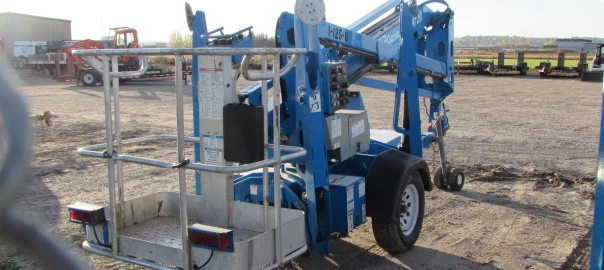
The Texas Supreme Court ruled in Genie Industries v. Matak that dangerous and intentional misuse of machinery and products makes the individual, not the company, liable for injuries. The court reversed a jury decision that originally awarded $1.3 million to Walter Matak’s family.
While doing electrical work at a church, Walter Matak allowed co-workers to push the fully extended aerial work platform while he was standing in the basket. The platform tipped and caused Matak to fall to his death.
Deborah LaFetra, of the Pacific Legal Foundation, said that “tort law does not guarantee that a product will be risk free, only that it will not be unreasonably dangerous.”
Heavy equipment is inherently dangerous, and that’s a major reason why it is so closely regulated with warnings, required training, competency tests and more. Training cannot cover every possible hazard you will encounter while working, but learning about real-life accidents can serve as a reminder that lives depend on following safety regulations and help everyone to be more cautious.
Logic, common sense, and OSHA regulations need to guide us when we are working on construction projects no matter how small, and no matter how much time you think you could “save”. No one really wins in this case; after all a person died for causes that were completely preventable if there had been more focus on safety.
For safety trainings, visit us at www.www.hardhattraining.com.
